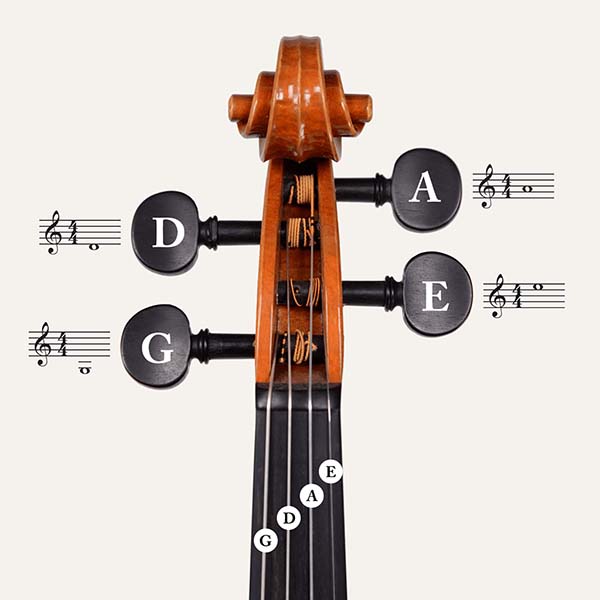Bad practice days are inevitable, unfortunately.
Some days, it seems like you've jumped miles ahead. Others, you may scream out in frustration, "I've gone back to being a beginner all over again!"
Why don't we learn in a consistent ascending direction? Why does the process seem like a rollercoaster ride with regular spins, loops, drops, and spirals?
It's normal. We get discouraged, fatigued, injured, bored, distracted, or just plain busy. We often set the bar way too high. All of these factors will affect our music-making because our emotional and physical well-being connects deeply with our instruments.
Besides, our brain has to take in and process new information.
When learning a string technique, our brain decides whether to store or discard the new material. Through repetition, focused intake, and other useful practice habits, it will save the details for later usage. It may take a while before one can perform the task successfully without mistakes.
The latter is called "latent learning" in psychology. We have to trust through efficient practice techniques that when we need the stored information most, our brains will release it, and our bodies will perform the desired function.
Read more about latent learning here.
That said, after a rough playing session, we might wonder;
"Is it going to sound like this all the time?"
"Should I even pick up my instrument again?"
"How do I ensure this goes better next time?"
Here 's some advice on how to get back to practicing and playing better after a bad day.
Taking a Break is OK
Some people might feel the need to practice harder after making a slew of mistakes. Others might just want to set their instruments down for a day or two. I recommend the latter.
A rest day is excellent because it lets you recover from and analyze what went wrong. It also gives our brain time to cement information without focusing on other aspects of learning the instrument.
Most people find after setting their instruments aside for a short while, they come back to it sounding better than before!
Identify the Issues
What were some of the problems that kept coming up?
Did you genuinely address them in an efficient and quality manner?
Or did you just keep repeating the same mistake, hoping it'd go away on its own?
These are essential questions to ask ourselves. During your short break away from the instrument, identify your problem areas, and then devise a plan.
Come Up with a Plan
Tackle the problems. Set small, attainable goals. Sometimes, the act of writing down your goals and strategies will motivate you.
If you have a music teacher, discuss the issues and include your teacher's plan of action. Don't try to wade through turbulent waters alone.
Remember, effective practice is ten times better than hours upon hours of repeating the same blunders. Identify, tackle strategically, and conquer.
Turn Off the Distractions
In our world full of technological disturbances, it's easy for our minds to be overwhelmed.
Turn off your devices (T.V., smartphones, tablets, etc...), shut off social media, and concentrate on the work ahead.
Don't be so Hard on Yourself
As musicians, many of us suffer from self-doubt, perfectionism, and sensitiveness. Therefore, we are highly self-critical.
Many of us will run our practice sessions like a lousy workplace -- no vacations or even small breaks, no pats on the back for a job well done, and no promotions.
Do not approach your practice sessions in such a toxic fashion. You are your instructor most of the time, so be a kind, thoughtful, and devoted one.
Create a peaceful, fun, and productive classroom environment for yourself. Practice is the opportunity to identify issues, solidify new material, and grow while at the same time having a ton of fun.
Remember, during our lessons and practice time, we are in the process of learning. It's not supposed to sound amazing! If it did, we wouldn't need practice and lessons.
Keep pressing forward and have fun. Happy practicing!




